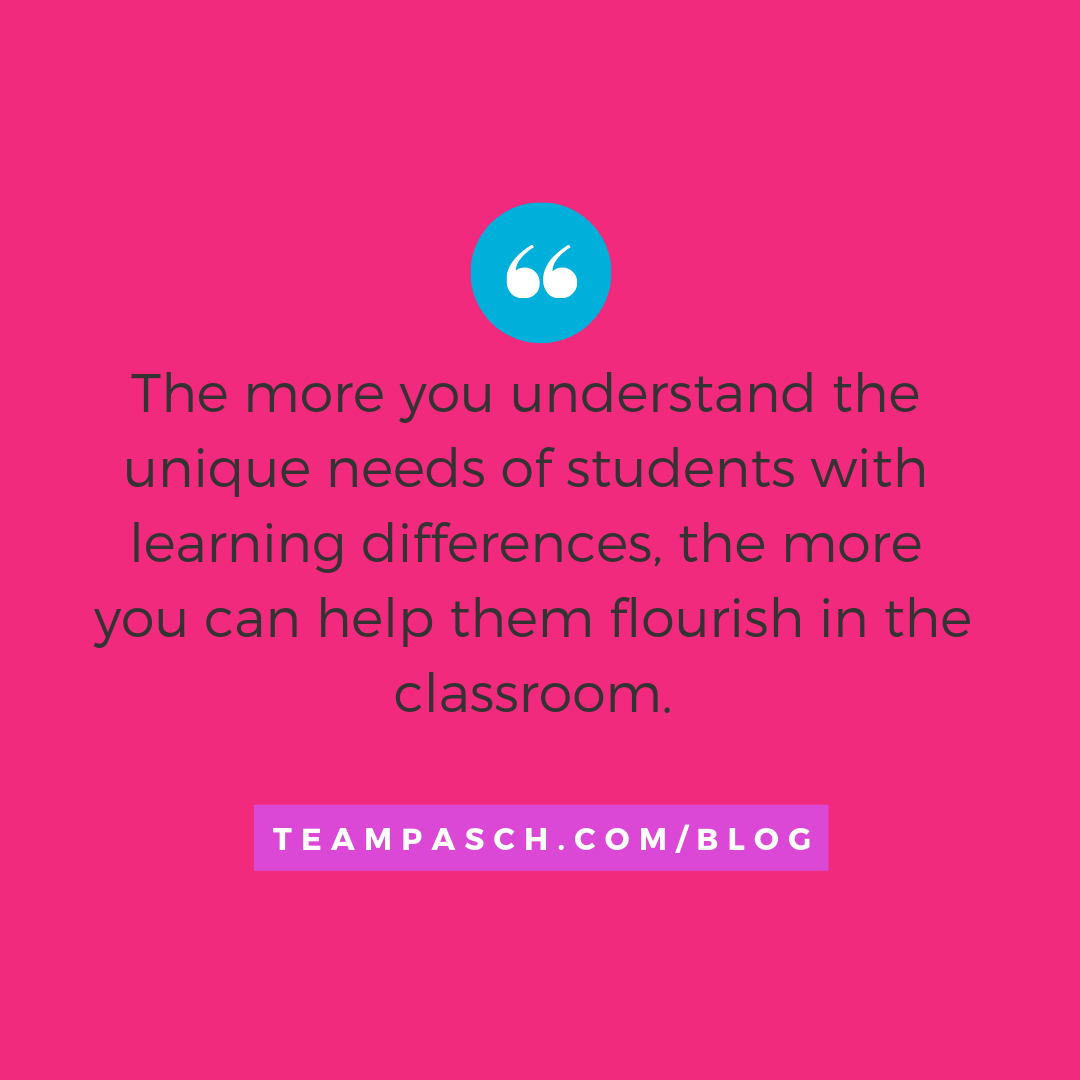Resources for Parents and Teachers on Understanding Learning Differences
What are invisible disabilities? These are disabilities that are not immediately apparent to the general public. These might range from hearing loss, dietary issues or learning disabilities.
Invisible disabilities tend to get little attention in the academic space. As a parent of two children with learning differences, I sometimes forget their struggles. Children with invisible disabilities such as autism, ADD, and ADHD can receive support from parents and teachers especially when these disorders are easier to understand.
Here, you’ll discover three top resources which can help you understand your child or student and provide the support they need. You can also listen to this episode of School Counselor Gone Rogue on invisible disabilities .
What are Invisible Disabilities
Many parents who discover that their child has a learning disability feel confused. You might have a child who is very advanced verbally yet struggles with social cues. Your child may be able to read at the speed of light, yet have a processing disorder. What makes these differences in ability important to mention, is that it can easy to forget there is a struggle.
Here’s the deal:
Invisible disabilities are hidden learning difficulties. They reduce the pace at which children learn or cause them to struggle in their overall academic performance.
In fact, studies show that students with invisible disabilities including Autism Spectrum Disorder (ASD), Anxiety, Dyslexia, and Auditory Processing Disorder (APD) experience more bullying than their peers without such difficulties.
Hence, the need to encourage advocacy and support such children becomes vital both at home and in school. If you’re the parent/teacher of a child with one of these invisible disabilities, you might feel that their school should know about the learning disorder.
Nonetheless, it is essential that parents communicate with the educators who train their children. Likewise, teachers should spend more time talking about and helping children with differences.
To achieve better understanding and advocacy, the following organizations provide useful resources on their website:
· Learning Disability Association of America (LDA)
· CHADD
These three online communities create and offer the right opportunities for parents and teachers to support and help children with invisible disabilities. Below, we consider their individual contributions.
Three Resources for Understanding Learning Differences
Learning Disability Association of America
LDA offers information on the different types of invisible disabilities and their related disorders. They further provide articles and publications that break down these disorders into simple easy-to-understand bits for parents as well as teachers.
Also, on this page, parents can find printable guides and leaflets that teach parents what their children are going through and how they can help them succeed. Laying your hands on these resources will empower you. Furthermore, they will help you advocate for your child with in their school and social settings.
Understood.Org
Understood allows you to find tools, resources, articles, expert advice, and other helpful information related to disabilities. You can join discussions or read the experiences of other parents. With the ideas on this site, feel less clueless and alone about helping your child handle a challenge.
CHADD -Children and Adults with Attention-Deficit/Hyperactivity Disorder
CHADD focuses on providing insight on ADHD for adults, educators, and professionals. You can become a member for $5 and receive newsletters and updates on events which revolve around ADHD. Best of all, you can talk to a specialist or locate a group near you. CHADD was one of the first organizations I joined as a parent, and has provided me with a wealth of support and information about the needs of students with ADHD. Guess what- they aren’t all challenges!
You can also find certified ADHD Coaches to help your family members who need support. Note, that CHADD does not screen the services and certification of businesses on their directory-so make sure you screen the individuals you contact.
The Bottom Line:
Advocating for your child or student is vitally important to the well being of the child. The more you understand the unique needs of students with learning differences, the more you can help them flourish in the classroom.
Academic coaching can also help you understand how students with invisible disabilities behave and how to help them succeed despite their difficulties. Schedule a call to see if Academic Coaching is a good fit. In addition, take advantage of the resources on the websites described above.
Finally, rest assured that you’re not alone. With the right knowledge and support, students with learning difficulties will be successful – and that will be because they have a team that is committed to helping others understand their awesomeness.
Remember to listen to this episode of School Counselor Gone Rogue for more information!
Rock on,
Marni Pasch
MA Counselor ED, ACC Academic Coach
Team Pasch Academic Coaching




